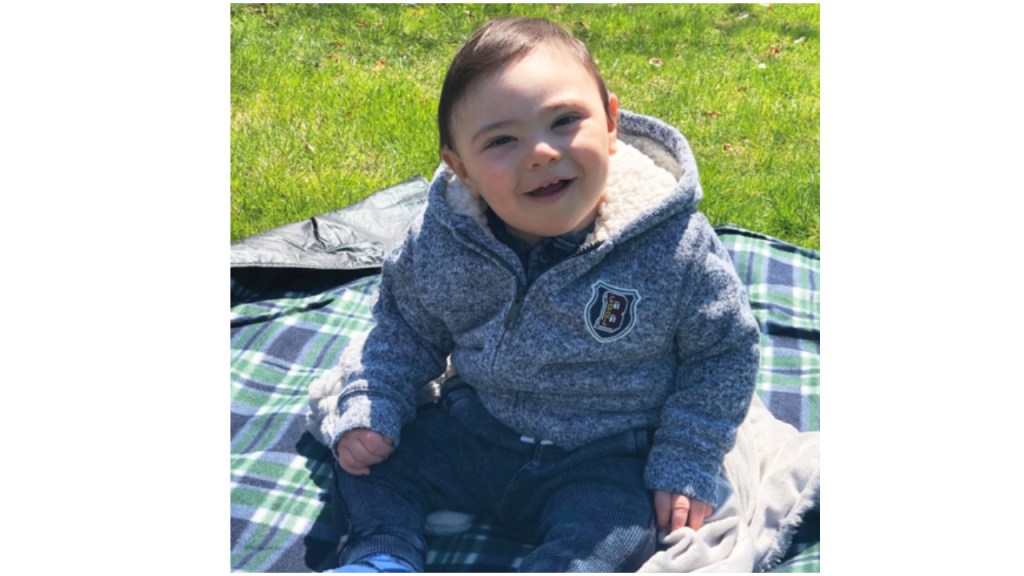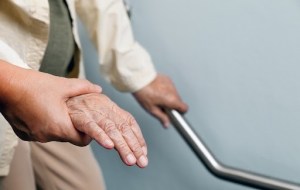Two-year-old Eli Reich was born with FOXG1 syndrome, an extremely rare and debilitating brain disorder that causes severe cognitive impairment and high risk for dangerous seizures. But his parents, Ilissa and Scott Reich, of Port Washington, did not take the gut-wrenching news lying down. Instead, they’re fighting to find a cure for the currently incurable condition.
On Eli’s second birthday in April, the family announced the launch of their nonprofit organization, Believe in a Cure, which helps fund important scientific research toward finding a cure for FOXG1 syndrome.
“The worst news that we received is that there’s no treatment for FOXG1 Syndrome,” Scott says. “No clinical trials, very minimal research. ‘No hope’ was what we were told.”
Doctors project Eli will not be able to walk, talk, or feed himself, among other things. He is one of only about 700 children to be diagnosed with FOXG1 syndrome worldwide.
The FOXG1 gene creates proteins that are vital for many basic human functions. For people with FOXG1 syndrome, the gene does not produce enough protein, resulting in symptoms such as visual impairment, uncontrolled movements, sleep disorder, seizures, extreme and unprovoked irritability, acid reflux, excruciating constipation, and more. Eli therefore has more than 20 appointments per week, such as physical, occupational, feeding, visual, and other therapies, not including doctors’ appointments, the family says.
Believe in a Cure is fundraising for research across the globe and is already partnering on projects with several research institutions, including Harvard University, Massachusetts Institute of Technology, and Broad Institute. According to Scott, the findings of the research would not only benefit those who share Eli’s rare condition, but also people with Alzheimer’s disease, autism, schizophrenia, and other conditions because they also have links to the FOXG1 gene.
“This is something that can truly help so many people around the world and help pave the next generation of science for those who come after us,” Scott says.
For more information, visit webelieveinacure.org.
Sign up for Long Island Press’ email newsletters here. Sign up for home delivery of Long Island Press here. Sign up for discounts by becoming a Long Island Press community partner here.


























